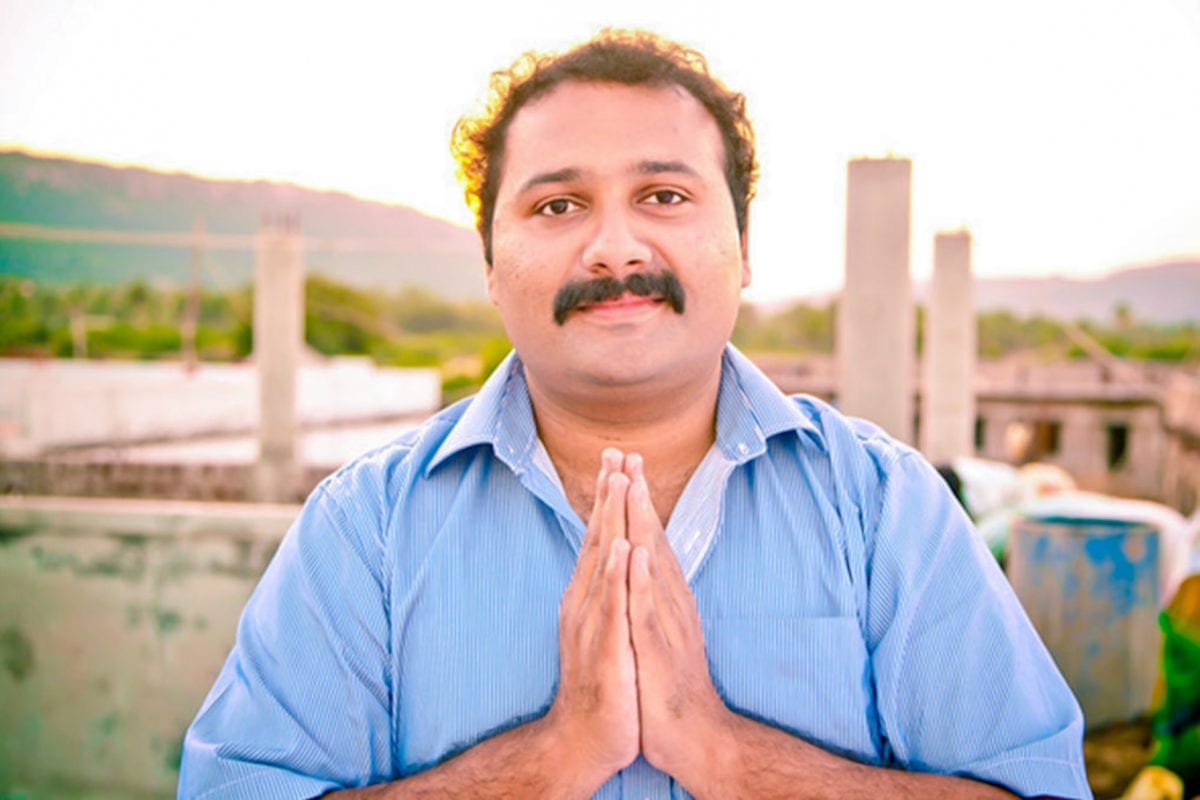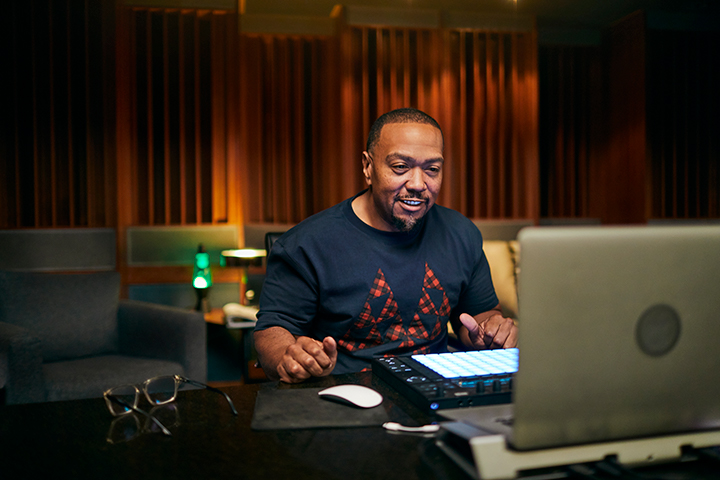Chandra K. Clarke is an author, journalist, and entrepreneur who launched her own business, the professional online proofreading service Scribendi, in 1997, with her husband, Terry Johnson. After building into a successful venture with more than 300 employees and editors, Clarke and Johnson sold Scribendi to MAGNUM Capital Partners in 2017. Before selling Scribendi, Clarke and Johnson created another new company, Inklyo, in 2013, offering online writing education through courses, books and ebooks. Clarke spoke with The Edge in a previous issue, and this is part of that conversation.
When you first started your business, you were new to the world of entrepreneurship. How did you learn the basics of starting and managing a business?
As an employee, I paid attention to how the companies I worked for operated. I saw what worked and what didn’t and learned a lot from that. I’m also a big believer in learning from successful people, so I got a fair amount of knowledge from business books. The rest was trial and error, lots, and lots of error!
What was the single most important decision you made that contributed to your success?
I believe that the biggest factor in our success was figuring out how to do the HR side of things properly. My partner Terry Johnson and I spent far too long trying to do everything ourselves; we were afraid of not being able to make payroll. But once we hired people to take over the support roles, it gave us more time to do the things we do best.
What are some of the most important issues entrepreneurs need to understand for a business to thrive?
I firmly believe that you need to learn how to follow before you can lead. You see these stories about kids dropping out of college to start businesses, and you just know that the majority of them are going to flame out. I’d love to advise them to take a couple of years and work for a few different places, preferably in the worst jobs they can find. Learn what it’s like to deal with customers directly in retail, experience working for a terrible boss. Pay attention when things go wrong and see if you can figure out why. You’ll be a much better leader because you’ll have empathy for both your staff and your customers. You’ll also be more organized because you’ll know what it’s like to work in a place that’s disorganized.
If you could travel back to day one of your start-up and have 15 minutes with your former self, what would you tell her?
Get more help sooner!
You’ve won many awards and were listed for three straight years on the PROFIT W100 ranking of Canada’s Top 100 Women Entrepreneurs. Did you face any challenges because as a woman?
Not really, only because I just went ahead and started it. I bootstrapped and didn’t have to go to anyone for funding, and I did everything myself early on, including building the website.
Steve Jobs put this another way. He said, “Life can be much broader once you discover one simple fact: Everything around you that you call life was made up by people that were no smarter than you and you can change it, you can influence it, you can build your own things that other people can use. Once you learn that, you’ll never be the same again.”
What advice do you have for other women in business?
I know a lot of women will admit to feeling what’s called “Imposter Syndrome” – the idea that they really don’t know what they’re doing, and that someday someone will call them on this. But do you know what? Guys have this too, they just turn it on its head. They call it “fake it ‘til you make it.”
Do you have any advice for young entrepreneurs?
Spend a lot of time learning from people who have actually done what you’re trying to do, or something close to it. For example, if you want to be rich, study people who are rich rather than the stock picks column in the newspaper. Figure out your overall strategy, and don’t chase tactics.
Both your companies serve clients on a global scale. When you first started, did you know this would happen?
Yes, that was the plan all along. This answer sometimes shocks people, but you can’t reach the moon if you don’t shoot for the stars.
You’re the founder of two extremely successful and award-winning companies, a blogger, columnist, and a mother of four. How do you manage to maintain a healthy work-life balance?
First, because this is the era of social media, I feel that I should say that what you see of someone’s public profile is the edited version. Yes, I do have all of that, and I’m proud of what I have been able to do. But I also have a house that most days looks like a PetSmart and Toys ‘R’ Us collided. I’ve made mistakes that have cost our business tens of thousands of dollars. Once, on Christmas Eve, we had water literally gushing into our basement at home, and we had to spend the night bailing and cleaning up, as well as wrapping presents. My point is that plenty of stupid stuff happens to everyone, including successful people, and there are a lot of days where nothing feels balanced. But none of that gets written in a bio or put a on Facebook page.
Some of the best advice I ever got was: You can have it all, just not all at once. I certainly wasn’t blogging when I was up all night nursing a baby. I didn’t try to start two businesses at once; the second one is only a couple of years old. I only recently managed to carve out enough time to get to a gym once a week, and I’m still not doing that consistently. It has taken me 20 years to get to where I am now.
On average, over the longer term, you’ll have work-life balance. The short term is uneven and messy. The trick is to keep your eye on the important stuff (e.g., your kids, not the laundry pile), and not stress about whether you’re maintaining balance.
Shirley Graham | Editorial Assistant




















